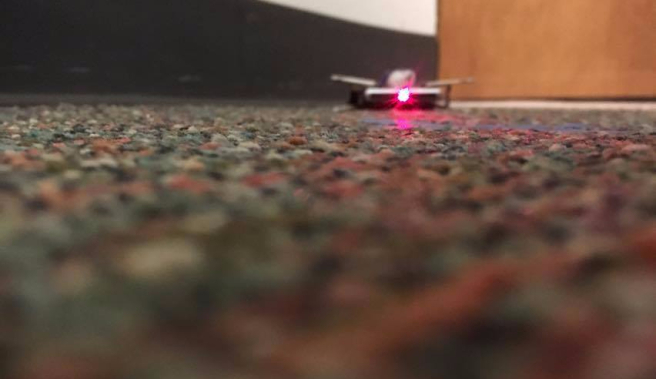C-STEM Photogate Lesson Plan

Objective:
Students will assess their athletic form by designing experiments to correlate speed with height.
Materials:
Arduino, breadboard, photo-resistor, laser, stopwatch, and photogate application.
- Additional material can be incorporated in order to stimulate creative problem solving in the student's hypothesis
Procedure:
-
Discussion
- Who here plays a sport?
-
Can you show or describe to me what is athletic form?
- Students generate examples
-
How can athletic form affect the performance of an athlete?
- Explain how different forms can affect results differently, give examples (have student throw a ball 2 ways)
-
How can we measure form?
- Students generate examples
-
In what ways can we use technology to measure form?
- Students generate examples (but have an example of our own to help them out)
- Provide example of the jump plate peer-reviewed journal
-
Introduce Students to Rarámuri Tribe
- What do you think makes them successful?
- Break down the actual techniques that make them successful
- Ask if we can quantify these
- Show video of Fire Feet
-
Introduce Photogate
- Show what it measures
- Explain technical information at a higher level
- Show how to build
- Measure running form
-
Student Roles:
- Student running
- Student on the timer
- Student counting runners steps
- Calculate the pace, compare to the height
- Have students break into groups and build their own
-
Student Design Activity
- Students brainstorm with or without additional materials provided
- Students to create a hypothesis to test
- Students test hypothesis
- Students present their hypothesis to the group
-
Post Activity Wrap-up
- Discuss the possibilities that technology can enable us to measure
- Reflect on lessons discussed today
Assessment:
Students will be assessed on their ability to use the scientific method in designing a “form measuring” assessment